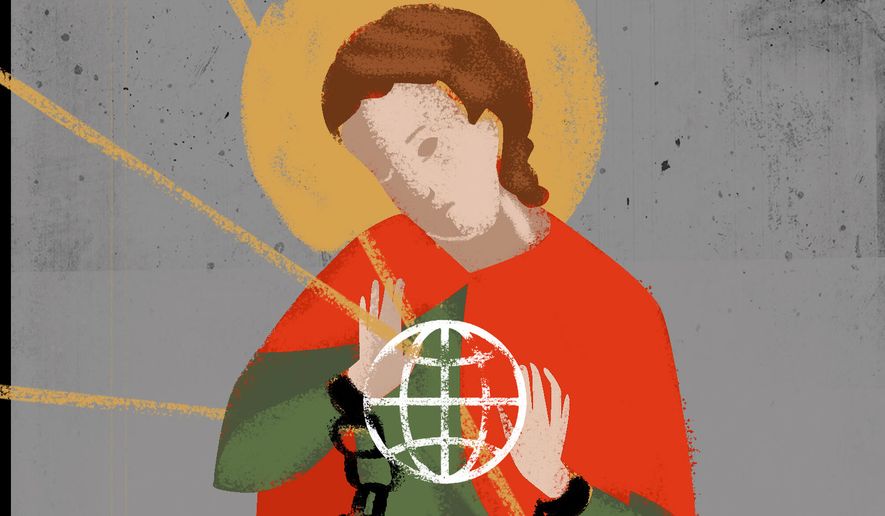Standing Up to Religious Persecution in Vietnam

In a joint op-ed with U.S. Representative Michelle Steel in the Washington Times, VOC’s Dr. Eric Patterson argues that the United States must immediately take action to protect an innocent man from religious persecution by the Communist Party of Vietnam. As the authors write:
“Religious persecution is on the rise globally, and authoritarian nations such as Vietnam continue to harass peaceful religious voices. Sadly, the United States is missing in action as Y Quynh Bdap is stuck in prison in Thailand and awaiting extradition to his home country — for the crime of religious expression.
The Biden administration should call on Thailand’s government to respect its own domestic law and international treaties and desist from extraditing Mr. Bdap, a Vietnamese religious freedom advocate. This would be a win not just for the rule of law and this man but for high-profile human rights dissidents stranded in Thailand and other countries.
The U.S. government understands how frustrating it can be to seek the welfare of our own citizens when they are captured or detained by enemies, whether in Afghanistan, Iraq or Iran or the more recent kangaroo court cases against American journalists in Russia. Indeed, much of the world recently watched the bizarre spectacle of two American journalists, Alsu Kurmasheva and Evan Gershkovich, who received sham prison sentences in Russian courts.
Despite how powerless Washington can seem in some cases of injustice, the United States continues to be a force for good for political prisoners and refugees around the world. But one area that needs immediate action is to call on friendly governments, such as Thailand and others, to live up to their responsibilities to protect legitimate asylum-seekers and political refugees. Congress has urged such action both in written correspondence and telephone conversations with U.S. and Thai diplomats.
Mr. Bdap is a case in point. A member of the Christian Montagnard minority, he was tried in absentia and labeled a “terrorist” for allegedly participating in protests in Vietnam a year ago. But Mr. Bdap was not in Vietnam when the protests occurred, and there is no compelling evidence that he has ever called for violence on behalf of persecuted minorities.
Read the full article in the Washington Times.

